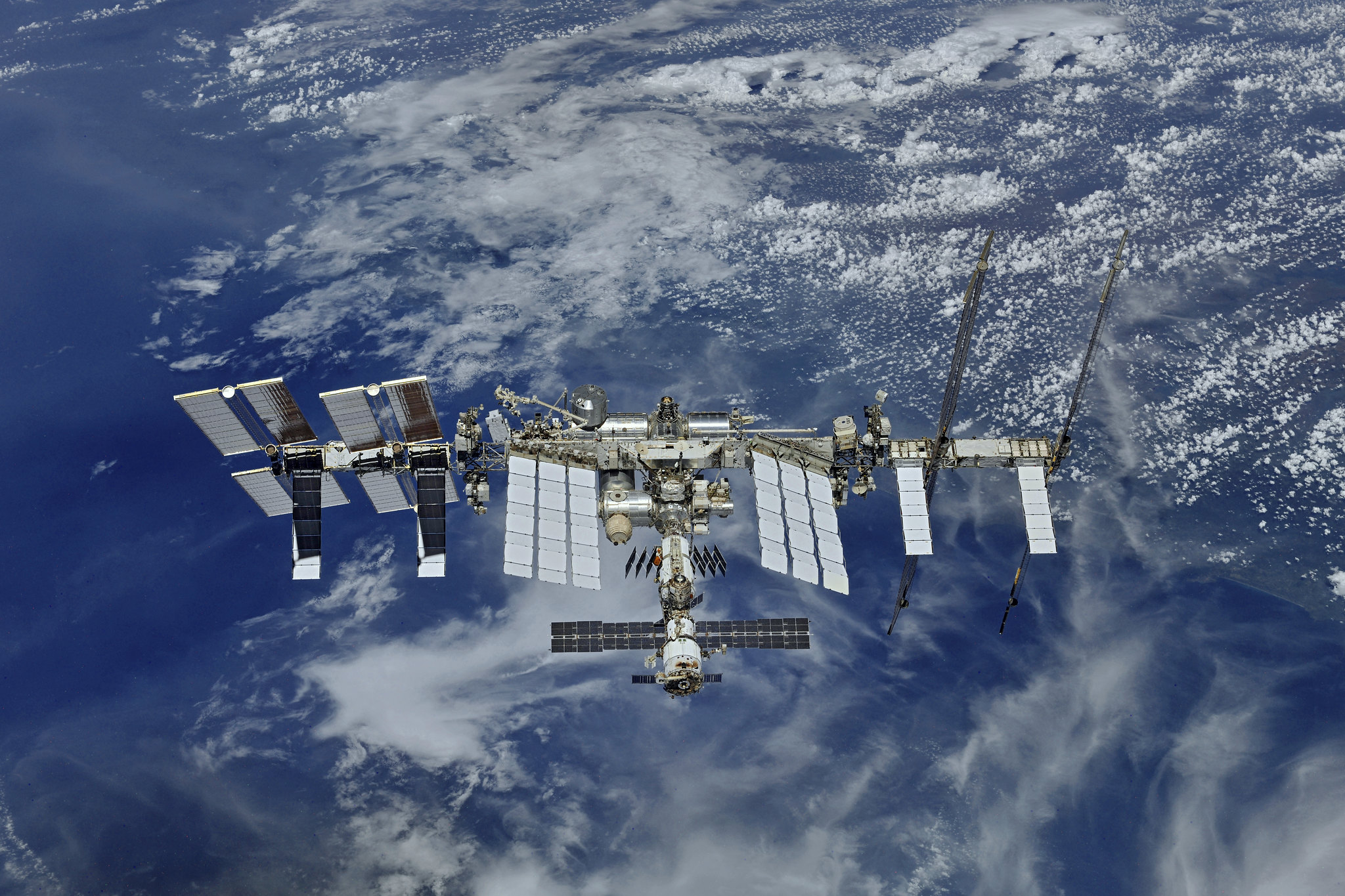Russia wants to build its own space station to replace the ISS, state officials say
Russian officials called the 23-year-old space station a 'catastrophe' waiting to happen, according to state TV.

The 23-year partnership between the United States and Russia that has kept the International Space Station (ISS) in orbit could soon come to an end, Russian officials suggested this week.
Yury Borisov, the Russian Deputy Prime Minister, reportedly said in a government meeting that the nation might withdraw from the ISS in 2025, according to a state TV news report on April 18. Borisov cited the deteriorating condition of the space station — which was launched in 1998 by NASA and the Russian space agency Roscosmos — as the primary reason for the potential departure.
"We can't risk the lives [of our cosmonauts]," Borisov said, according to the BBC. "The structure and the metal [are] getting old, [and] it can lead to irreversible consequences — to catastrophe."
Related: Space oddity: 10 bizarre things Earthlings launched into space
Later that day, Borisov released a statement partially walking back the 2025 departure date, saying, "a technical inspection is needed, and then we can make a decision and inform our partners," according to Science magazine.
Meanwhile officials with Roscosmos announced that work has already begun on a national space station, which would serve as a successor to the country's Salyut and Mir stations, launched into low Earth orbit in the 1970s and 80s. Dmitry Rogozin, head of Roscosmos, posted a video to the messaging app Telegram saying, "the first core module of the new Russian orbital station is in the works" and could be complete by 2025, the BBC reported.
Rogozin added that Russian would not depart from the ISS until that potential new station was completed. Still, even with ample notice Russia's potential departure could put a hefty strain on NASA and the other agencies that rely on the ISS.
Sign up for the Live Science daily newsletter now
Get the world’s most fascinating discoveries delivered straight to your inbox.
"ISS partners would have a really hard time keeping the station functional without Russia," Vitaly Egorov, an industry observer and former spokesperson for Russia's Dauria Aerospace company, told Science magazine. Cargo and crew services provided by SpaceX could potentially help fill the gaps left behind by Roscosmos, the magazine added.
Originally published on Live Science.

Brandon is the space/physics editor at Live Science. His writing has appeared in The Washington Post, Reader's Digest, CBS.com, the Richard Dawkins Foundation website and other outlets. He holds a bachelor's degree in creative writing from the University of Arizona, with minors in journalism and media arts. He enjoys writing most about space, geoscience and the mysteries of the universe.









